Frustration And Hope: The African Migrants In Limbo In Rwanda
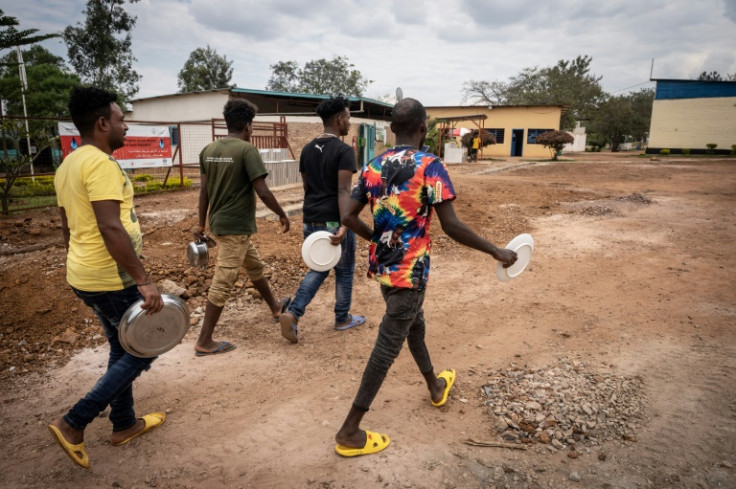
Ismail Hmdan Banaga says he's had a "frustrating and fruitless" time waiting in vain in Rwanda for his Canadian asylum request to be approved.
The 33-year-old Sudanese told AFP he is so fed up he is considering a trek back to war-torn Libya to try to make it to Europe across the Mediterranean, a perilous voyage that has taken the lives of many.
He is one of hundreds of Africans once stranded in Libya who are now in limbo at the Gashora Transit Centre on a dusty road outside the capital Kigali -- but none want to stay in the country that gave them shelter.
Their fate has come under the spotlight since Britain hatched a controversal deal with Rwanda in April to deport unwanted asylum seekers to the East African country.
"I have done several interviews to go to Canada but there is no feedback. The officials are not being very clear about the way forward," said Banaga, who has been at Gashora for almost a year.
"The fact is I'm not going back to Sudan, and not staying here for life. I would rather go back to try and cross the sea."
Residents live in small brick maisonettes at Gashora, which has seen almost 1,100 people come through its doors since 2019 when Rwanda agreed to offer shelter to refugees from Libya.
It has a cafeteria, basketball/volleyball court and driving practice area -- some say they want to become taxi drivers when they reach Europe -- and a centre where people can learn skills such as weaving and hairdressing.
"There's freedom here at the camp to do whatever I like, way better than the conditions in Libya and I like it here, but the processing speed for asylum to leave is very slow," Banaga said.
Another refugee discussed his situation with AFP on condition of anonymity, saying he cannot speak freely in the presence of Rwandan and UN refugee agency officials for fear of reprisals.
"I regret coming to Rwanda," he said. "First, I left Sudan, leaving my children and my father behind under conditions of war... and looting and robbery everywhere."
He said he stayed in Libya for three years before arriving in Rwanda where he said he was initially greeted with kindness.
"It has been a year now in Rwanda and am not sure if I will get asylum or not. If it turns out that they abandoned me, then returning to Libya is more merciful than staying here in Rwanda under this humiliation."
But for Zemen Fesaha, a 26-year-old Eritrean, dreams of a new life are about to come true.
"Next week I will be flying to Canada. I am very excited," he said, adding that he would like to find a job as a social worker there.
He recounted a horrific ordeal trying to make it out of Libya, paying $20,000 to traffickers to cross the Mediterranean.
"One day the boat overturned and many people drowned and died. I swam for hours with some other survivors all the way to the shore and we got arrested by Libyan officials. They took us to jail and we stayed there for months until Rwanda came to the rescue."
More than 600 refugees have been resettled in third countries, but UNHCR and government officials say they have not had a single request to stay in Rwanda permanently.
"Our problem is that we come to Rwanda to go, not to stay here," said Nyalada Gatkouth Jany from South Sudan.
Jany said she left her mother and brother behind, but ended up in a Libyan prison after trying four times to cross the Mediterranean: "I saw the death of people with my own eyes."
Now Jany's request for asylum in Finland for herself and her one-year-old son has been accepted.
"Here we are just sitting like this. We want to work because we want to support them."
Tesfay, a 27-year-old Eritrean who declined to give his second name, echoed her view.
"Rwanda has been kind to me but I do not wish to stay here. It is a poor country with its own problems, so I cannot leave Eritrea and then resettle in Rwanda," he said.
About 60 kilometres (40 miles) from Gashora, in the centre of the Rwandan capital, lies Hope Hostel -- which once hosted orphans from the 1994 genocide but has now been booked out by the government.
The 50-room hostel will house the migrants Britain plans to ship to Rwanda if the arrangement goes ahead, after a first flight was halted by a European court order.
"When the deal failed, of course it was a blow but it is not over, so for us we are ready to welcome our guests whenever they come from the UK," hostel manager Elisee Kalyango told AFP.
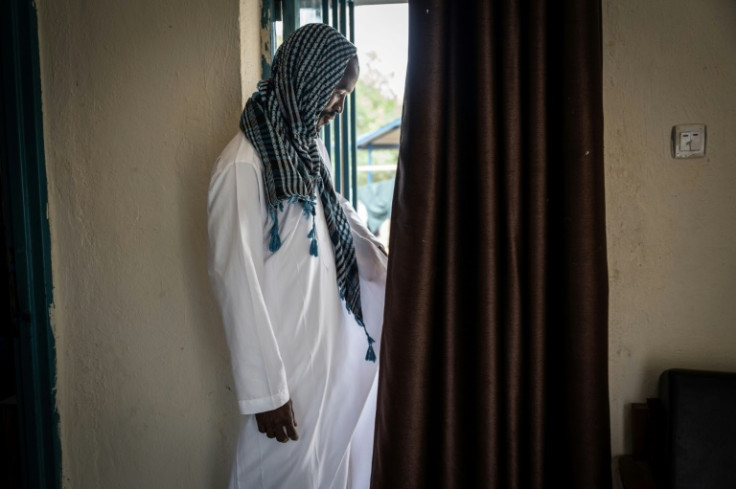
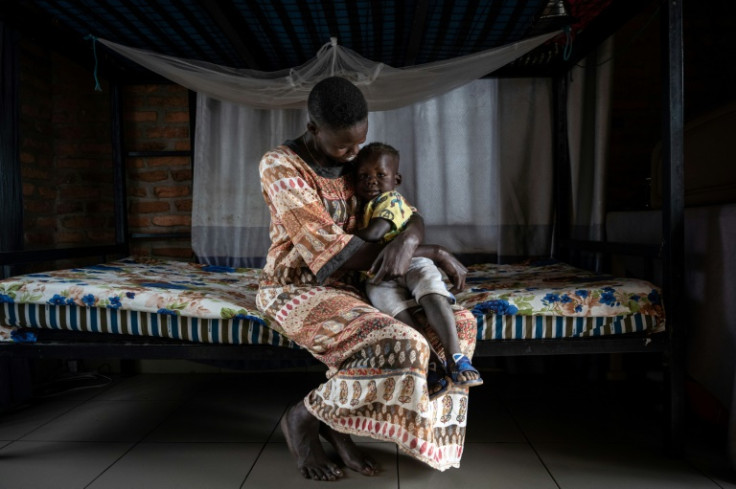
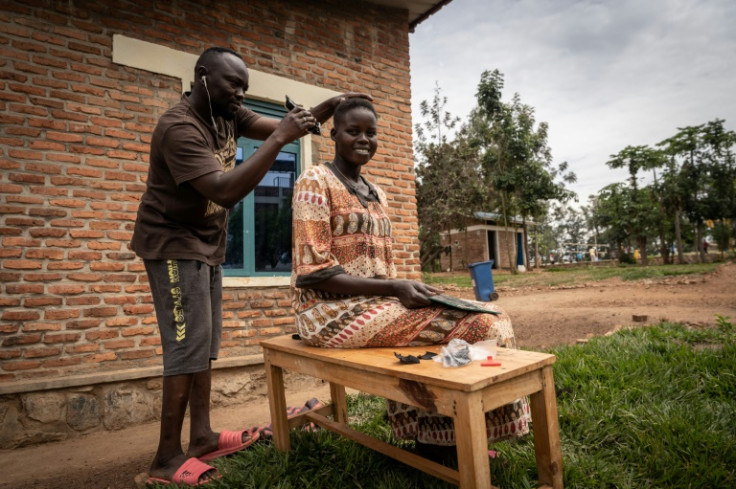
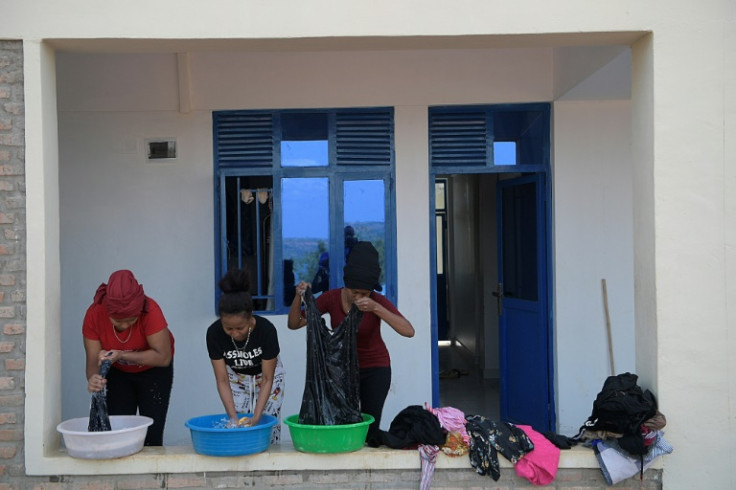
© Copyright AFP 2025. All rights reserved.





















